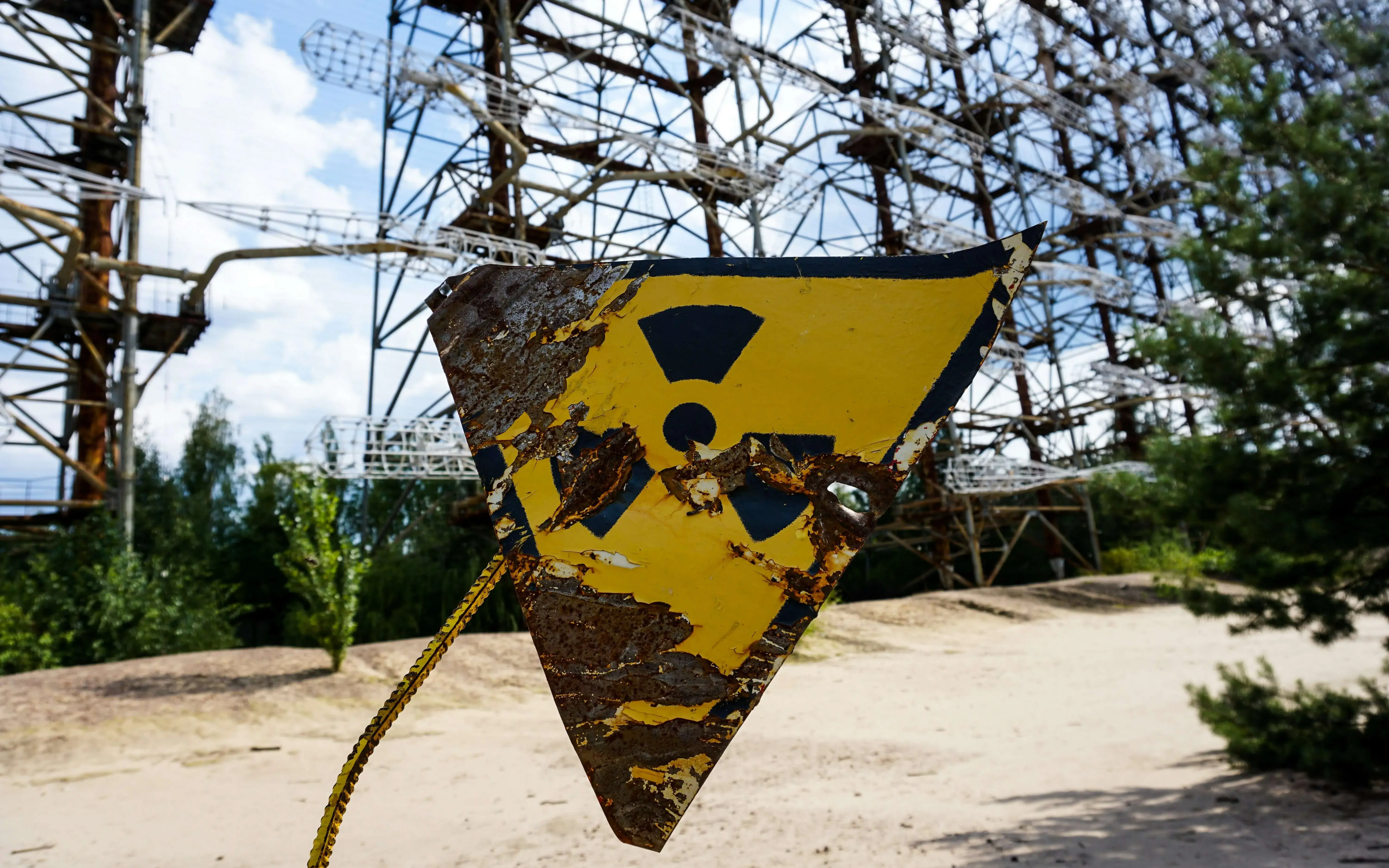
Activism for the elimination of nuclear weapons involves constant work in raising public awareness and in political advocacy.
Activism for the elimination of nuclear weapons involves constant work in raising public awareness and in political advocacy. Achieving institutional commitments in favor of a peaceful and nuclear-free world is no easy task. That is why we want to celebrate a success achieved thanks to civil society organizations and local governments: 100 local councils in Spain have passed municipal motions, most of them unanimously, in favor of the Treaty on the Prohibition of Nuclear Weapons (TPNW), which came into force in January 2021. This is the only nuclear disarmament treaty that bans these weapons of mass destruction based on humanitarian criteria, that is, because of the harm they cause. Just as with chemical and biological weapons, cluster bombs, and anti-personnel mines, the entry into force of the TPNW underscores the necessity and urgency of prioritizing the safety of people, communities, and the planet—human security—over armed security.
The adoption of the treaty came ten years after the establishment of the International Campaign to Abolish Nuclear Weapons (ICAN), a network of over 600 civil society organizations in more than 100 countries that have worked since its inception to achieve an international treaty banning nuclear weapons. The treaty prohibits any activity involving nuclear weapons, whether testing, manufacturing, financing, or threatening to use them.
Since the TPNW was adopted at the United Nations in July 2017, cities worldwide have joined the Cities Appeal campaign promoted by ICAN and led by the international network Mayors for Peace. This campaign encourages cities, through their local governments, to pass motions supporting the treaty and committing to pressure national governments to sign and ratify the TPNW.
Cities are the primary targets of nuclear weapons and, therefore, have the responsibility to denounce the inclusion of these weapons in national security policies. The pressure that can be exerted from the grassroots through city councils can positively contribute to the implementation of the TPNW. Local governments are close to their voters, citizens, and social movements. An international coalition of local governments and civil society can mark a turning point that breaks the unacceptable status quo of nuclear weapons policy and takes a decisive step towards their elimination. This is the main goal of the international network Mayors for Peace, which was founded during the Cold War in response to a call by the mayor of Hiroshima at a conference at the United Nations headquarters. Since then, 8,213 cities in 166 countries and regions, including the United States, Russia, and other nuclear states, have joined the international network. With over 1.5 billion people, it is the most significant sectoral municipal organization in the world.
Russia's invasion of Ukraine, its threat to use nuclear weapons, the high number of such weapons—12,121 according to the latest SIPRI data, 90% of which are held by the US and Russia—the militarization of discourse, and the escalation of belligerence on all sides make the possibility of nuclear weapons being used, as happened in Hiroshima and Nagasaki, as plausible as during the Cold War. In this situation, it is crucial to rely on the strength of cities and municipalities, which are closer to the citizens than central governments, to demand that all countries commit clearly and precisely to nuclear disarmament and take concrete steps towards its achievement.
ICAN’s Cities Appeal campaign is particularly aimed at nuclear-armed states and those under the nuclear umbrella or part of military alliances like NATO. In Europe, the high number of cities and municipalities that have passed motions rejecting nuclear weapons and supporting the treaty for their prohibition is significant. It is noteworthy that local governments in NATO member countries hosting nuclear weapons, such as Belgium, Italy, the Netherlands, and Germany, as well as cities in the United Kingdom and France, which are nuclear states, have joined the campaign. Capitals of some of these countries, like Paris, Rome, Berlin, and Amsterdam, show that millions of people in Europe demand their governments commit to nuclear disarmament and join the TPNW. According to YouGov survey data from 2020, most citizens in European countries hosting nuclear weapons support their governments signing and ratifying the TPNW.
In Catalonia and Spain, some civil society organizations, ICAN partners, notably the Mayors for Peace network, launched the "Cities of Peace" campaign promoting municipal motions in favor of the TPNW and the commitment to pressure the central government to join it. Since the campaign was launched in February 2020, numerous municipalities and cities across Spain, but especially in Catalonia, have joined. Over the past year, significant momentum has been gained thanks to the advocacy work of the Alliance for Nuclear Disarmament, a national network of NGOs and social collectives with a common goal: to get the Spanish government to sign and ratify the treaty. The Alliance has encouraged organized civil society groups to push for the approval of municipal motions in favor of the treaty. This network's work motivated the goal of reaching 100 municipalities with motions before the TPNW’s adoption anniversary on July 7. This milestone has been achieved largely thanks to the local group from Maresme, which has worked intensively with local governments in the region to join the campaign.
Among these 100 municipalities are cities like Barcelona, Tarragona, Zaragoza, A Coruña, Seville, Terrassa, Sabadell, Santiago de Compostela, Cádiz, and Gijon, as well as municipalities like Masnou, la Garriga, Igualada, Cambados, Alcúdia, Alcoi, and smaller towns like Begues, Alguaire, Cervera, and Canet de Mar. These 100 municipalities represent the will of a significant part of the citizenry, who, through their councils, call on the Spanish government to sign and ratify the TPNW.
Unlike other European capitals, Madrid has not yet joined this growing municipal movement demanding a more just, peaceful, and nuclear-free world. Civil society will continue to work to achieve this, as cities must speak out in times of so much silence, especially the silence of states.



Add new comment